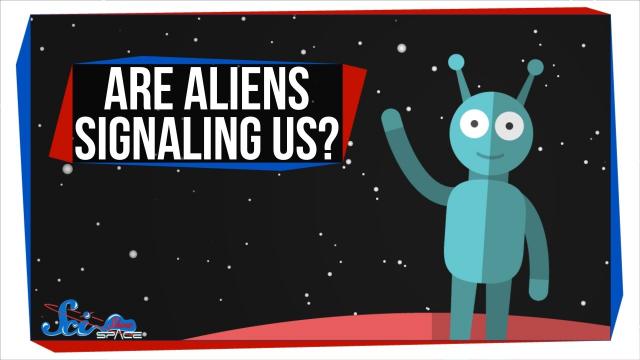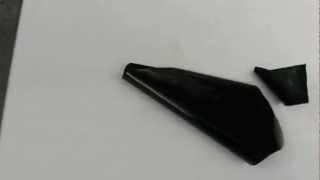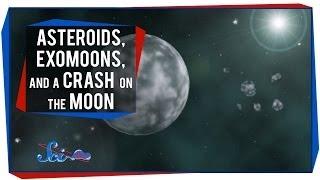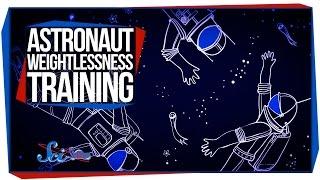Time Travel, Teleportation & Science
Time travel is the concept of moving between different points in time in a manner analogous to moving between different points in space, generally using a theoretical invention, namely a time machine. It has a commonly recognized place in philosophy and fiction, but has a very limited application in real world physics, such as in quantum mechanics or wormholes.
Although the 1895 novel The Time Machine by H. G. Wells was instrumental in moving the concept of time travel to the forefront of the public imagination, The Clock That Went Backward by Edward Page Mitchell was published in 1881 and involves a clock that allowed three men to travel backwards in time.[1][2] Non-technological forms of time travel had appeared in a number of earlier stories such as Charles Dickens' A Christmas Carol. Historically, the concept dates back to the early mythologies of Hinduism (such as the Mahabharata), Buddhism, and Islam through ancient folk tales. More recently, with advancing technology and a greater scientific understanding of the universe, the plausibility of time travel has been explored in greater detail by science fiction writers, philosophers, and physicists.
Teleportation, or Teletransportation, is the theoretical transfer of matter or energy from one point to another without traversing the physical space between them. It has a commonly recognized place in science fiction literature, film, and television, but as yet has a very limited application in real world physics, such as quantum teleportation or the study of wormholes.
Science (from Latin scientia, meaning "knowledge") is a systematic enterprise that builds and organizes knowledge in the form of testable explanations and predictions about the universe. In an older and closely related meaning, "science" also refers to a body of knowledge itself, of the type that can be rationally explained and reliably applied. A practitioner of science is known as a scientist.
In modern usage, "science" most often refers to a way of pursuing knowledge, not only the knowledge itself. It is also often restricted to those branches of study that seek to explain the phenomena of the material universe.
Source : Wikipedia
-
04:03

Another SpaceX Landing, and New Horizons's Next Stop
Added 635 Views / 0 LikesAnother SpaceX Landing, and New Horizons's Next Stop
-
00:58
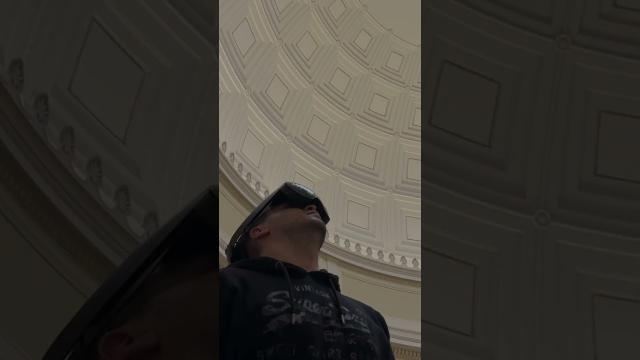
Architectural heritage like you haven’t seen before
Added 222 Views / 0 Likes“Ways of Seeing” project documents endangered Afghan heritage sites through digital imaging, virtual reality, and hand-drawn professional renderings. Watch the full video: https://youtu.be/xbdTIqzJOyQ
-
00:39
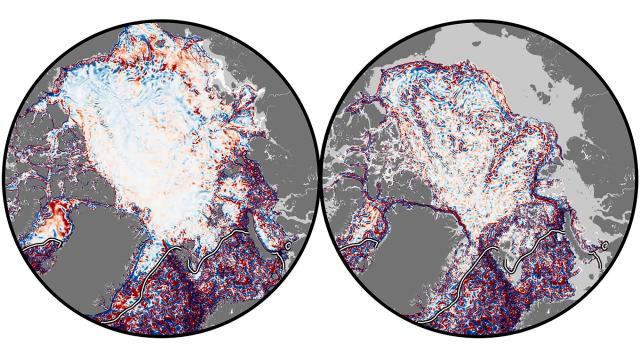
Arctic eddies
Added 208 Views / 0 LikesThe seasonal turn in Arctic eddy activity has puzzled scientists for decades. Now a study by a team of MIT oceanographers may offer an explanation. In their new paper, the researchers show that the main ingredients for driving eddy behavior in the Arctic
-
03:21
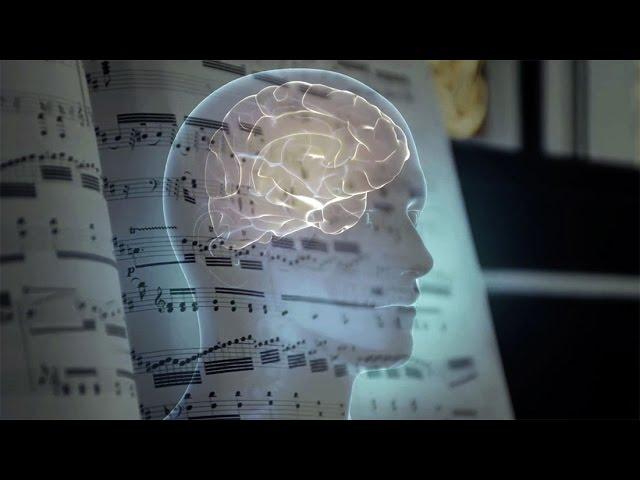
Are musical tastes cultural or hardwired in the brain?
Added 608 Views / 0 LikesAre musical tastes cultural or hardwired in the brain?
-
00:55
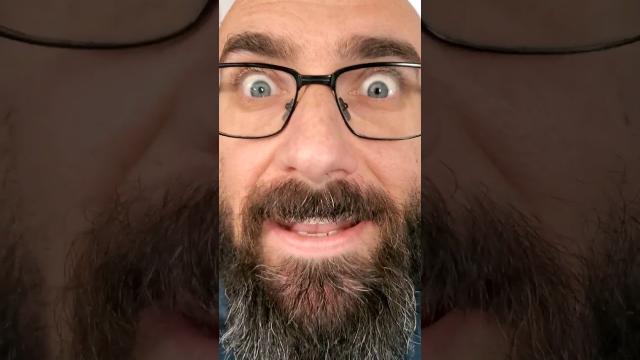
Are People Getting Hotter?
Added 171 Views / 0 Likessomething's going on with our bodies ...#mystery #biology #unknown #unsolvedproblem #medicine #science #health
-
1:54:54
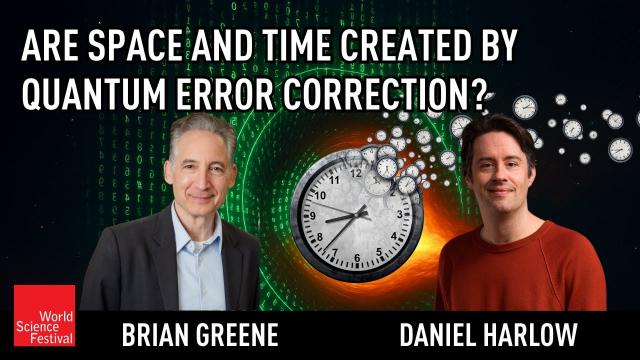
Are Space and Time Created by Quantum Error Correction?
Added 76 Views / 0 LikesMIT physicist Daniel Harlow joins Brian Greene to explore black holes, holography, and the surprising connection between spacetime and algorithms that perform quantum error correction.This program is part of the Big Ideas series, supported by the John Tem
-
07:55

Are Space Sounds Lies?
Added 214 Views / 0 LikesThis video was sponsored by Guardio. Go to https://guard.io/SciShowSpace for a 7 day free trial.If a tree falls in space, and it's frequency is modulated by multiple octaves and digitized, does it make a sound?Hosted by: Reid Reimers----------Huge thanks
-
06:10
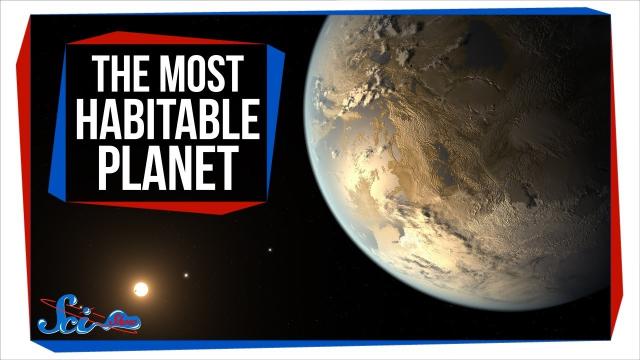
Are There Planets More Habitable Than Earth?
Added 507 Views / 0 LikesEarth probably isn’t the best place in the universe. It turns out there might be even better places to live that are even more suitable for life: superhabitable planets.Hosted by: Reid ReimersSciShow has a spinoff podcast! It's called SciShow Tangents. Ch
-
07:08

Are You a Mutant?
Added 524 Views / 0 LikesX-Men Movies App (iOS): https://itunes.apple.com/us/app/xmen/id1063875773?mt=8X-Men Movies App (Android): https://play.google.com/store/apps/details?id=com.creator.xmenMy Twitter: http://twitter.com/jakerawrMutants: On Genetic Variety and the Human Bodyht
-
07:20
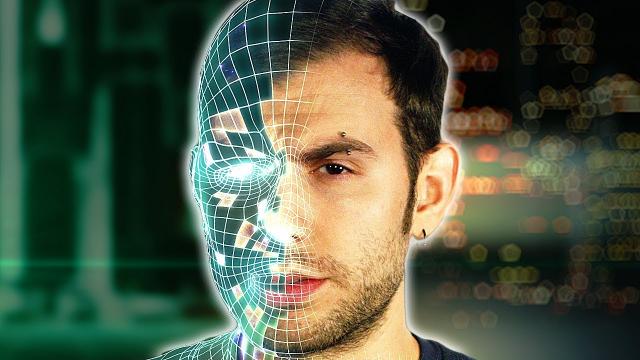
Are You In A Simulation?
Added 648 Views / 0 LikesWatch Part 2 on Kurzgesagt: https://youtu.be/tlTKTTt47WEinstagram: http://instagr.am/jakerawrtwitter: http://twitter.com/vsaucethreefacebook: http://facebook.com/vsauce3Nick Bostrom's Simulation Argumenthttps://www.simulation-argument.com/simulation.htmlS
-
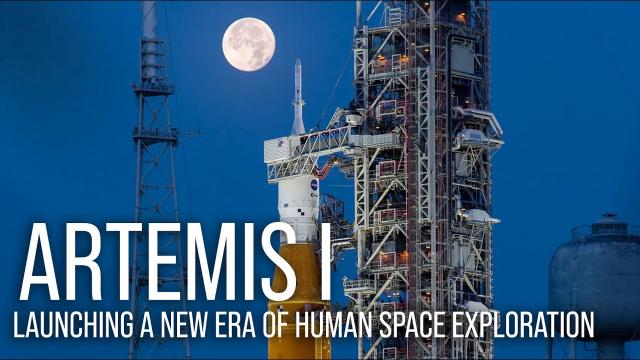
Artemis I: Launching a New Era in Human Space Exploration
Added 212 Views / 0 Likes#briangreene #artemisi #spacex The successful launch of Artemis I marks the first step toward humankind’s return to the moon in half-a-century, and is vital to the yet more ambitious plan of landing a crew on Mars. Join Brian Greene in conversation with N
-
25:00
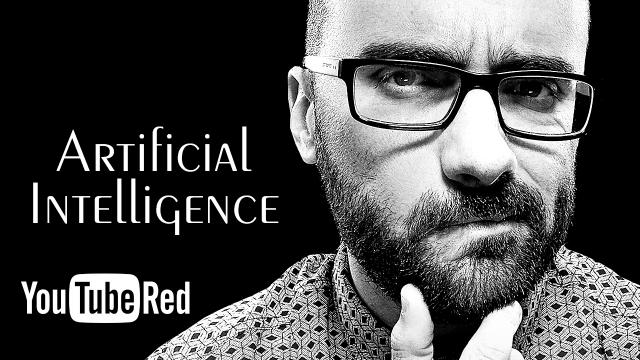
Artificial Intelligence - Mind Field (Ep 4)
Added 2,613 Views / 0 LikesArtificial Intelligence - Mind Field (Ep 4)
-
02:29
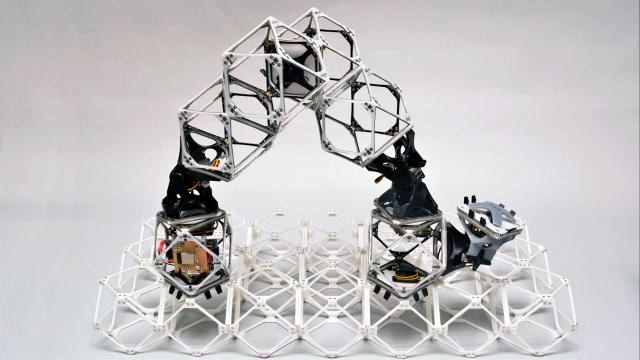
Assembler robots could eventually build almost anything
Added 157 Views / 0 LikesResearchers at MIT's Center for Bits and Atoms have made significant progress toward creating robots that could build nearly anything, including things much larger than themselves, from vehicles to buildings to larger robots. (Learn more: https://news.mit
-
01:00
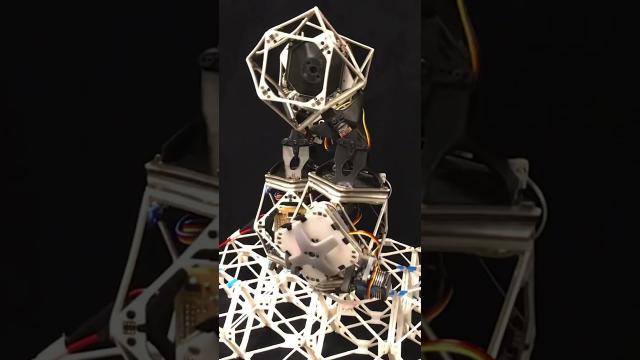
Assembler robots could make larger structures
Added 156 Views / 0 LikesResearches have made progress towards groups of robots that could build almost anything, including buildings, vehicles, and even bigger robots.
-
05:45
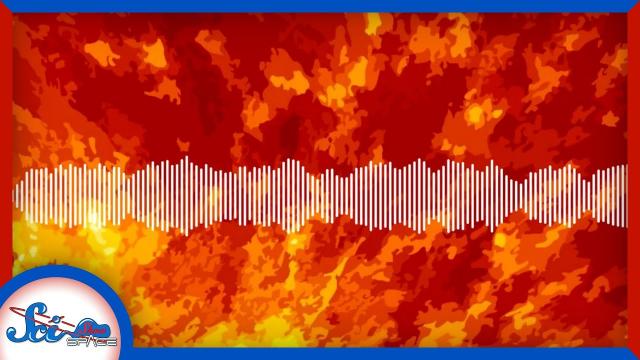
Asteroseismology: How to Explore Stars with Sound
Added 355 Views / 0 LikesAsteroseismology allows scientists to explore stars with sound. It can help them figure out what a star is burning and even help pin down the age of stars!Hosted by: Hank GreenSciShow has a spinoff podcast! It's called SciShow Tangents. Check it out at ht

